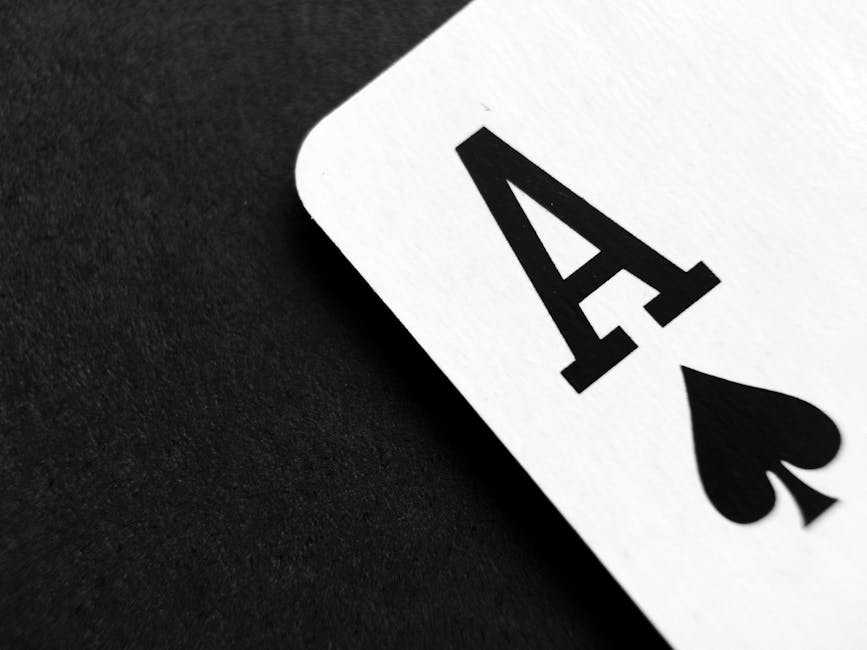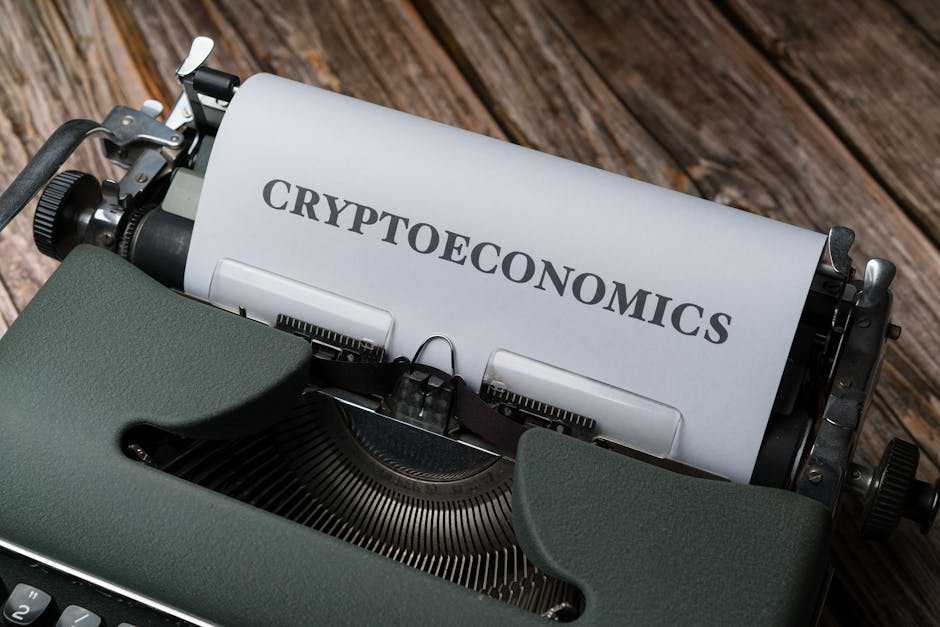Background of Skill Gaming and Slot Levies in Pennsylvania
Skill gaming and slot machines in Pennsylvania have distinct regulatory frameworks. It’s crucial to understand these differences to grasp the ongoing tax debate.
Differences Between Skill Gaming and Traditional Gambling
Skill gaming relies on a player’s ability for outcomes, such as:
- arcade-style
- puzzle games
Unlike traditional gambling, skill games demand proficiency.
Traditional gambling, like slot machines, relies on chance, with random number generators determining results. State regulators categorize skill gaming differently, impacting regulations and taxations.
Current Tax Rates for Slot Machines and Skill Games
Pennsylvania taxes slot machines at a rate of 54%, one of the highest in the nation. For fiscal year 2022, slot machines contributed over $2.37 billion to the state’s revenue.
Skill games, currently in legal limbo, are usually taxed lower or not at all. Lawmakers have yet to unify tax policies for skill gaming, resulting in varying enforcement practices.
Former Pennsylvania Governor’s Position
Former Governor Ed Rendell strongly opposes a lower tax rate for skill gaming compared to slot machines. This opposition stems from concerns about financial stability and industry fairness.
Reasons for Opposing Lower Tax Rates on Skill Games
Rendell believes equal contribution from all gaming forms ensures a stable revenue stream for the state.
Slot machines, taxed at 54%, contribute significantly to Pennsylvania’s finances. Skill games, facing regulatory ambiguity, often pay lower taxes or none at all.
According to Rendell, this discrepancy leads to unfair competition and undermines the financial contributions needed from the gaming industry.
He highlights the need for consistency in tax rates to maintain industry integrity and balance.
Potential Impacts of Tax Discrepancies on State Revenue
Rendell warns that lower taxes on skill games could reduce overall state revenue. Slot machines generate substantial income due to their high tax rate.
If skill games continue to pay less, Pennsylvania risks a shortfall in expected gaming revenues. This discrepancy may cause budgetary imbalances, affecting public services funded by gaming taxes.
Rendell emphasizes that fair and consistent taxation across all gaming types is crucial for maintaining a reliable financial base for state-funded programs.
Reactions from the Gaming Industry
The debate over proposed taxes on skill gaming in Pennsylvania has sparked varied reactions from the gaming industry.
Arguments from Skill Gaming Operators
Skill gaming operators argue that their games differ fundamentally from slot machines, requiring player interaction and skill. They believe this justifies a lower tax rate.
Highlighting economic benefits, they claim skill games have generated new business for retail locations, creating jobs and additional revenue.
They point to the ambiguous regulation as justification for the discrepancy in tax treatment. Operators assert that higher taxes could stifle innovation and push them out of the market.
Responses from Casino Owners
Casino owners, on the other hand, argue for a level playing field regarding taxation. They believe that skill games, though different in mechanics, compete directly with slot machines for customers.
Higher taxes on slot machines create an unfair advantage for skill game operators. Casino owners emphasize that consistent taxation ensures fair competition and a stable revenue stream for state programs.
They warn that without equitable taxes, the integrity and sustainability of the gaming market could be compromised.
Legal and Regulatory Considerations

Understanding the legal framework surrounding gaming taxes in Pennsylvania is essential. The state’s regulatory landscape influences both existing operations and future legislation.
Previous Legislation on Gaming Taxes
- Pennsylvania’s gaming laws have been shaped by numerous legislative acts.
- The Pennsylvania Race Horse Development and Gaming Act of 2004 established the initial regulatory framework for gambling.
- This act introduced a tax structure where slot machines were taxed at a rate of 55%.
- Adjustments and amendments followed, reflecting changing economic and social priorities.
In 2017, the state’s gaming law was expanded to include:
- online gambling
- sports betting
- other forms of gaming
Yet the tax rates for these new forms maintained parity with brick-and-mortar casinos to ensure competitive fairness.
Possible Future Changes in Laws
Future legislative changes might impact how different gaming types are taxed. Lawmakers are debating whether skill gaming warrants a different tax structure compared to traditional casino games.
Former Governor Rendell’s opposition adds weight to the conversation, emphasizing equitable contributions to state revenue.
Some proposed bills suggest lowering tax rates for skill-based games to support industry growth and job creation.
However, any changes need to address both the economic implications and the need for a balanced, fair gaming market to uphold financial stability for state-funded programs.


